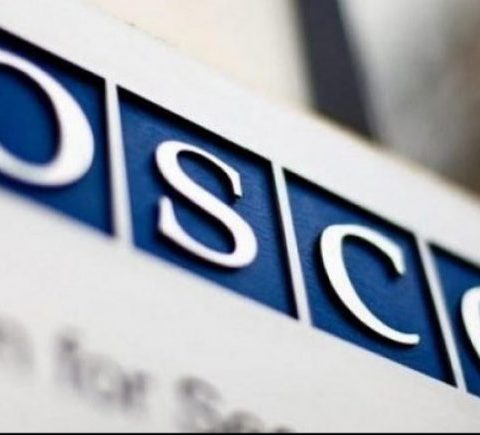By Maire Rowland
The biggest and most famous music festival in Europe, Glastonbury, kicked off in the English countryside this week. Once more the UK’s media is packed with photographs of mud soaked revellers, dancing and drinking while listening to world famous music acts. Every year people are willing to face terrible weather and hours of queuing to get together to enjoy themselves at this sold-out festival. Countries and governments all over Europe and the world have begun to see the enormous value in establishing music festivals. They are no longer seen as hedonistic, raves for society’s outsiders but as special annual events to promote music, generate tourism and benefit the local economy.
People like music festivals. In the US in 2014 a survey conducted by Nielson Music found that a staggering 32 million people had attended at least one music festival in their lives. That said, the road to setting up a successful music festival is a challenging and bumpy one. It is difficult to generate interest in a festival that isn’t established. Music festivals work by building on their reputation year by year, they are a slow building long term investment but an investment that has proven to be successful time and time again. The low cost of living in Albania in comparison to its EU counterparts means that the country can offer lower ticket prices than festivals in continental Europe. It would be ridiculous to suggest that a first time gathering in Berat of Permet could feasibly host the Taylor Swifts and Beyonces but it by investing small amounts of arts funding to Albanian musical acts and venues across the country it could help inspire a new generation of homegrown acts.
The rewards from a successful music festival industry reach more than the pockets of the organisers. In Northern Ireland, a country with a population of a little over a million, research has shown that the economies of towns and cities close to a music festival generate a huge boost in income from the events. Music festival tourists are likely to explore other areas in the region benefiting local tourism and breathing new life into otherwise forgotten places. The tourism board in Northern Ireland decided to finance and promote music festivals in the region following research into cultural and recreational activities tourism which revealed that this market was worth £100 million in 2008. Of the six music festivals that the tourism board in Northern Ireland supported in 2009 they generated a combined profit of £2.7mln and injected an estimated £13mln into the local economy. Even for a small country like Northern Ireland, without the benefit of summer time sunshine, music festivals accounts for a large porportion of its tourism. This provides a relevant and hopeful example to Albania.
Albania has a lot to offer the wanderlusting milennial, a brilliant climate, fantastic scenery, beautiful beaches and a vibrant capital city. If you were to judge Albania’s attraction by the number of hostels in Tirana alone it is clearly going the right way about generating interest in low cost tourism (at my last count I calculated 17 hostels in the city). The time seems right to set up a government supported music festival that could attract local and international punters.
Music festivals in Albania pop up occasionally on my Facebook feed but they often appear too close to the date of the actual event, without enough information and without a specifically designed web page to accompany the event. The sporadic plethora of beach parties and electronic festivals that local promoters are organising bodes well for the desire for a healthy music festival industry in the country but it seems to be chaotically put together and lacks co-ordination. By creating a specific year long plan with the help of the government and commercial sponsors, all of these small and scattered festivals could combine their energies and experience to develop a well attended, interesting, inclusive music festival that would intrigue both tourists and Albanians.
One of the greatest things about modern day music festivals are their diversity. Music festivals are no longer just about music, they are events to showcase cultural traditions, locally sourced food, comedy, literature etc. Albania has much to offer in all of these areas. Albania could create a magical weekend wonderland by the lakes in Kukes or Shkodra, a chilled out vibe by the sea in Ksamil or a forest escape in the mountains of the north. The physical environment alone would attract people in their hundreds and eventually thousands. The beauty of new music festivals is that they start out small with lesser known musical acts and less funding, instead of this being a limitation it can actually be a great opportunity to get more creative. Promoters will need to find ways to attract audiences without having the big name acts to pull people in. Albania’s natural environment is one huge way to do this, promote the beauty of the region, the local beer and food and the low costs in order to sell tickets and generate a buzz.










